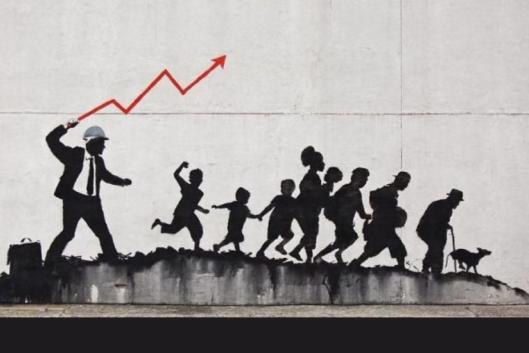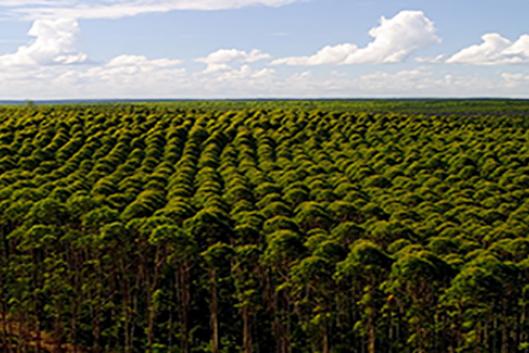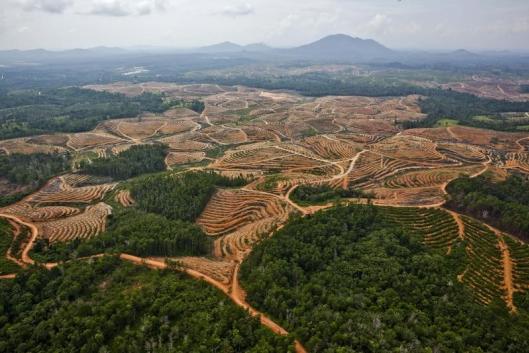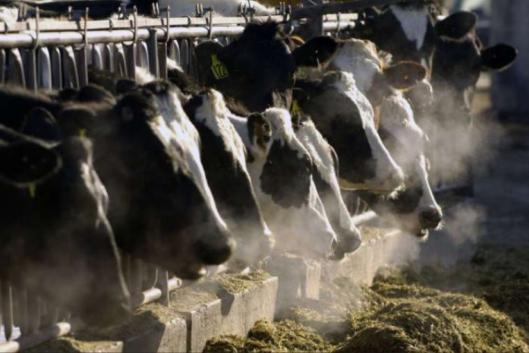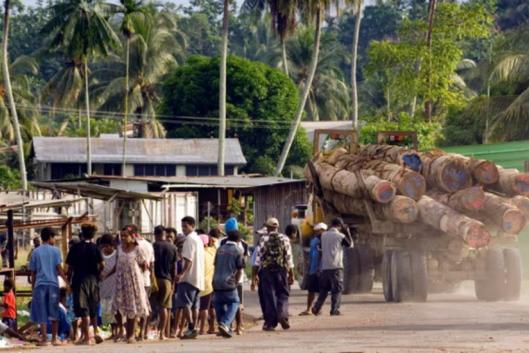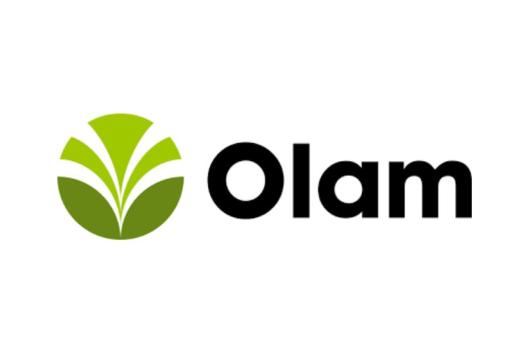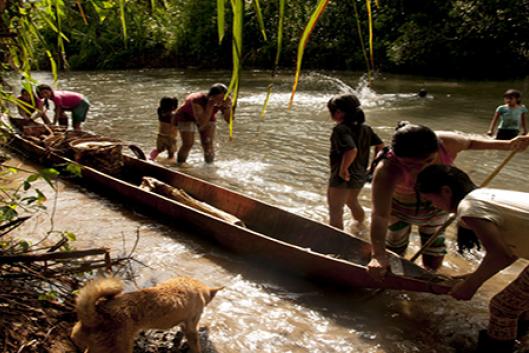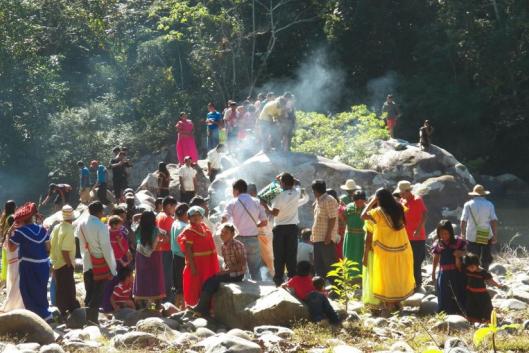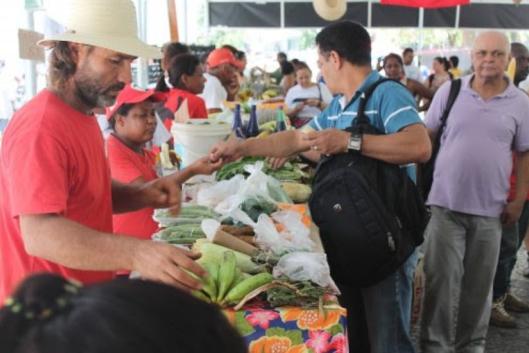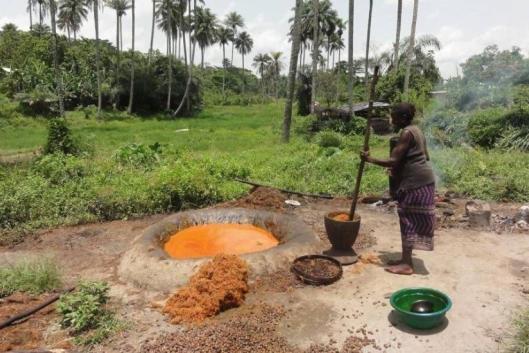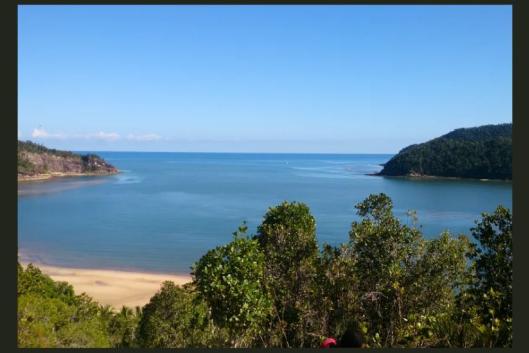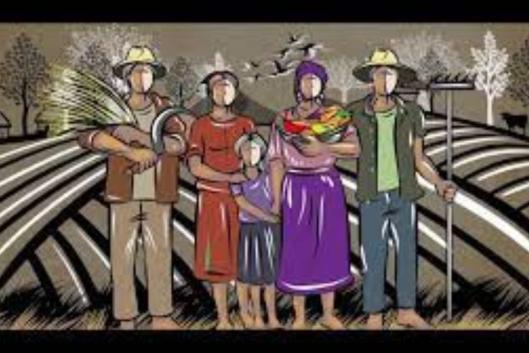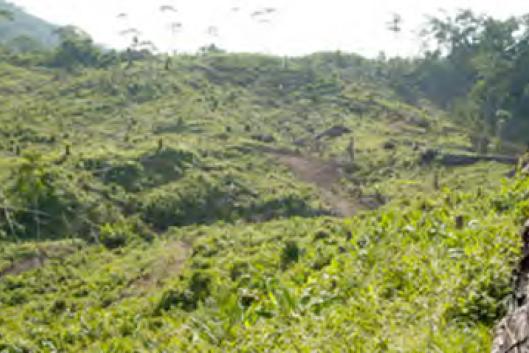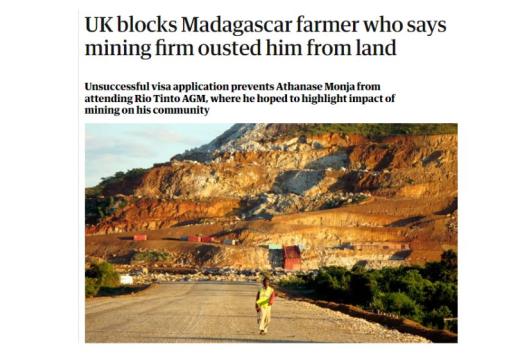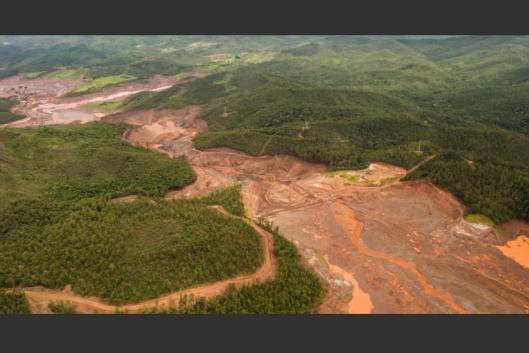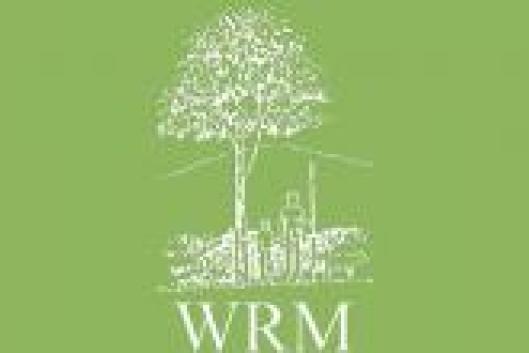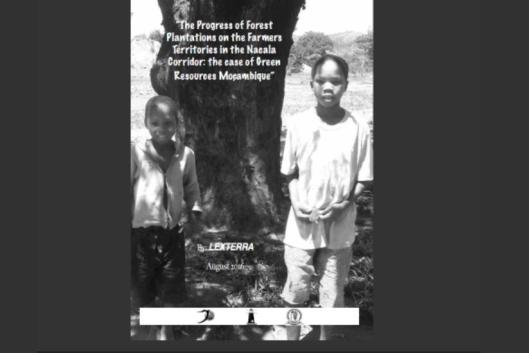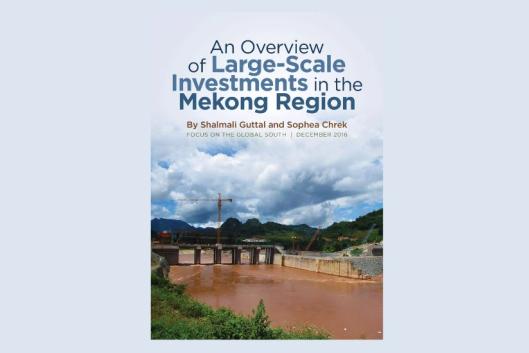We already know that excessive levels of individual consumption, resulting from the capitalist economic system, involve massive destruction of territories, water sources, forests and the livelihoods of millions of people—mainly in the global South. In many people's minds, individual consumerism is what fuels this major destruction. However, in this bulletin we do not focus on individual consumerism, though it is surely important. Rather, we probe into what is behind industrial production processes. Seeking to answer this question, we identify another kind of consumption, one that is massive and destructive: corporate consumption. The capitalist economic model itself necessitates this systematic consumption.
Bulletin Issue 230 - April / May 2017
Communities resisting the devastating consumption pushed by corporations
WRM Bulletin
230
April / May 2017
OUR VIEWPOINT
COMMUNITIES RESISTING THE DEVASTATING CONSUMPTION PUSHED BY CORPORATIONS
-
15 May 2017About fifty years ago, Aracruz Celulose, now called Fibria, replaced original Atlantic Forest with the first fast-growing eucalyptus plantations in the northern part of Espírito Santo State, Brazil (1). Forty years ago, an industrial pulp complex— now owned by Fibria — was installed in the main Tupiniquim indigenous village (Macacos), in Barra do Riacho, Aracruz district. Now in 2017, drought punishes the remaining villages and families in resistance, and contamination serves as a political weapon to expropriate their territories.
-
15 May 2017In Indonesia, the world’s biggest palm oil producer, oil palm plantations expanded ten-fold between 1985 and 2005/06, to 6.4 million hectares, an area which has since doubled to 13.5 million hectares, and which is growing by half a million hectares every year. Globally, oil palm plantations now cover an area larger than New Zealand [1], with major expansions underway across the tropics, including in the Philippines, Cameroon, DR Congo, the Republic of Congo, Peru, Colombia, Ecuador, Brazil, Honduras, and Guatemala.
-
15 May 2017Meat consumption is soaring in many places of the world. If current trends continue global meat consumption will grow a further 76 per cent by 2050 according to the latest studies. Doctors and scientists have been warning us that eating too much meat is bad for out health and is linked to several types of cancer, heart diseases and other problems. This is also bad news for the environment with commercial cattle raising responsible for a large share of deforestation across the world. And it’s hurting the climate as well. The FAO calculated that, today, meat production alone – especially that of the industrial type - generates more greenhouse gas emissions than all the world’s transport combined.
-
15 May 2017In 2013, with 3.1 million cubic meters of tropical wood exported, primarily to China, Papua New Guinea (PNG) became in recent years the world’s largest exporter of tropical wood, surpassing Malaysia, which had held the top spot for the past decades.
-
15 May 2017How do major oil palm companies manage to get their palm oil sold as a “green”, “sustainable” and “climate-friendly” product when it is none of that? How does this green image help corporations to expand even further, as is happening now in Africa? This article looks into the case of OLAM International, which in February 2017 published its Draft Global Policy on Forests (1). OLAM's promising words are merely a smokescreen around what is still its main objective: increasing profits. Have oil palm companies changed?
-
-
15 May 2017With a history plagued by outrage and territorial imposition since colonization, the indigenous Ngäbe-Buglé peoples of western Panama struggle relentlessly for autonomy, and freedom from mining, hydroelectric and other destructive industries in their territories (1). Nowadays, even the most destructive industries can obtain "green seals" to sell environmentally friendly images, or to finance "offset" projects—which theoretically restore lost biodiversity or counteract emissions. However, these strategies do nothing more than deepen the current extractive model, by making consumers believe that destruction is being "offset," or that a destructive project is somehow "sustainable."
-
15 May 2017To begin to discuss in depth the production and consumption of food, especially in a country like Brazil, it is necessary to recall and mention a series of points. First, we must always remember that eating is a fact of human existence, nothing less. Forty days without eating can be fatal for anyone. We do not have the ability to absorb minerals directly and sustain ourselves with them, as plants do. We need food produced by plants and animals (1), which nature alone is not able to produce for the billions of human beings. That is why it is necessary to grow crops and raise animals to produce food.
-
15 May 2017Marie Crescence Ngobo coordinates the Sustainable Development Actors Network in Cameroon (RADD, by its French acronym). RADD works with women on economic and social issues, organizing activities that help women regain their identity and autonomy, in order to improve their families' living conditions. Marie Crescence, you organized four workshops on traditional oil palm in 2016. How did that work, and what did you observe in those meetings with women?
PEOPLES IN ACTION
-
15 May 2017A mining project threatens to forever destroy the Ampasindava Peninsula—an area that is home to some 33,000 people, primarily in farming and fishing communities. The company Tantalum Rare Earth Malagasy (TREM) has obtained a 300 km2 concession from the Malagasy government to extract rare earth minerals—the most contaminating kind in the world. Support the petition to stop this mine! (in French) https://www.change.org/p/projet-tantalus-sauvez-l-archipel-de-nosy-be-et-la-p%C3%A9ninsule-d-ampasindava
-
15 May 2017Mining-affected communities in Panama, environmental organizations, human rights defenders, and social and citizens' movements in the country, staunchly reject this exploitative and death-driven industry. Affected families' testimonies and the environmental damages caused by mining in Panama are sufficient reason to stop mining multinationals from operating in the country. Support the call to stop multinational mining companies in Panama by signing the following petition (in Spanish): https://www.change.org/p/presidente-de-panamá-juan-carlos-varela-petición-de-cancelación-al-modelo-extractivo-minero-en-panamá
-
15 May 2017Millions of traditional, peasant and indigenous peoples' communities around the world have limited access to their land and forests because the land is being monopolised and controlled by landlords and big corporations. “The Right to Resist Land Grabs” is a short film that tells the story of land grabbing and repression faced by communities, and people’s resistance. See the film in English: fNG9ZcmUw0o&feature=youtu.be"> See further about the campaign “No Land No Life” in English here:
-
15 May 2017The powerful evidence of massive injury to communities and water supplies in the Philippines, and findings of rampant violations of environmental law, have led the country's government to ban new open-pit gold, copper, nickel and silver mines. The current Secretary of Environment and Natural Resources cancelled or suspended 26 mining licences and cancelled 75 agreements between the government and mining companies that were proposed to be built on watersheds. While announcing the ban, she said “Water is life”. Read more information in English here: https://ramumine.wordpress.com/2017/05/01/philippines-bans-new-open-pit-metal-mines/
-
15 May 2017QMM, the Malagasy branch of Rio Tinto, a British-Australian mining company, is extracting ilmenite in Fort Dauphin, Madagascar, to export it to Canada. To compensate for the destruction caused by this mining activity, QMM set up a biodiversity offsetting project in another forest, 50 km to the north of the mining site. The forest use restrictions imposed on local communities at the biodiversity offsetting site are raising serious human rights, health and food insecurity issues. See the video “Your Mine” produced by the NGO Re:Common at _x-ZB2xyCfQ&feature=youtu.be">
-
15 May 2017The Norwegian Solidarity Committee for Latin America raises debates about the ethical principles behind Norwegian investments. They invited, together with a network of Norwegian organizations, people from Guatemala, Honduras, Brazil and Swedish Sami to present their stories, research and reflections to a popular court in March 2017. One of the cases discussed was the situation in the extreme south of Bahia, Brazil, where three of the world’s biggest pulp and paper-producing companies operate (Suzano, Veracel and Fibria).
RECOMMENDED
-
15 May 2017This article, written for the research and communication network, Alba Sud, presents a critical view of territories dominated by capital investments in tourism, with a special focus on Central America and the Caribbean. The incursion of tourism and real estate capital, along with certain laws and public policies, is causing a radical shift in land use. Nature, transformed into a commodity, becomes a way to increase profits; and people are expelled from their lands and alienated from their ancestral knowledge and cultures. Read the article in Spanish at:
-
15 May 2017Based on evidence from a field investigation, this publication provides a detailed overview of the impacts of pine and eucalyptus plantations on communities in three provinces in Mozambique. The report focuses on one of the main companies active in Mozambique and in Southern and Eastern Africa: the Norwegian company Green Resources. Over the past years, this company has grabbed about 265,000 hectares of lands in Mozambique only, dispossessing communities from lands they depend on for their livelihoods. The report, available in English and Portuguese, was launched in 2016 by the Mozambican organisations Livaningo, UNAC (National Peasants Union) and Justiça Ambiental/Friends of the Earth Mozambique, and written by Lexterra.
-
15 May 2017Portucel Mozambique is a Portuguese company with the biggest land concession among the plantation companies in Mozambique – 356,000 hectares. Its project includes the construction of a pulp mill for future export to Asian markets. This report, available in English and Portuguese, is based on a field investigation over about 4 years that monitored at community level the loss of lands and livelihood to this large-scale plantation project. Published by Justiça Ambiental/Friends of the Earth Mozambique in 2016, in partnership with the World Rainforest Movement (WRM).
-
15 May 2017Across the Mekong region, the “development” model promoted by the region’s governments prioritizes trade and investment liberalization, and privatization. Private investment is sought in virtually every sector of the economy. This publication presents an overview of these investment trends in the Mekong region, the regulatory and policy changes designed to facilitate large-scale foreign and domestic investment, and the impacts of such investment on the living and working conditions of workers in Special Economic Zones. It offers a critical perspective on how these investments privilege large investors over local populations and public interest. The English language paper can be downloaded at:
